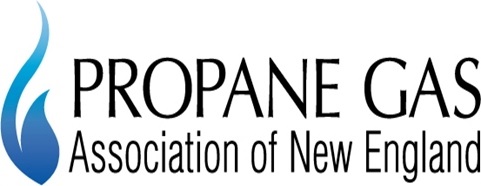5 Power Outage and Flood Safety Tips for New England Propane Users

Epsom, NH (October 30, 2017) ??? With heavy rains and significant winds, knowing the proper preparation and recovery steps for power outages and flood disasters can help protect your family and property.??
For homeowners and businesses relying on propane gas to heat their homes or water, cook their food, or fuel other equipment and structures, the Propane Gas Association of New England recommends the following tips:
Look for visible structural damage. If you smell gas, be sure to extinguish all smoking materials and open flames. Exit the building immediately and call 911. Do not operate electrical switches, appliances, telephones, or cell phones on-site because these can cause a spark that can ignite an explosion.
If propane equipment has been flooded, shut off the service valve at the propane tank. Have the system and equipment/appliances checked by your propane supplier or a qualified technician before turning on the gas supply.
During power outages, a portable generator helps to keep food from spoiling, computers and other appliances working, and, in some cases, life-supporting medical devices operating. But never use a portable generator (gasoline, diesel, or propane) indoors or in an enclosed area such as a basement, garage, shed, or tent. This can result in carbon monoxide (CO) poisoning or death.
Propane-powered appliances, equipment or vehicles with controls or regulators that have been underwater should be inspected by your propane supplier or a qualified technician before being put back into service. Water damage to propane equipment and appliances is not always readily apparent.
Remember that propane tanks should NEVER be stored indoors.
For more information on propane safety, visit www.propanecomfort.com and www.pgane.org.
About the Propane Gas Association of New England (PGANE)
The Propane Gas Association of New England serves more than 700 members of the propane industry by promoting safety, education, and public awareness of the uses of propane.
